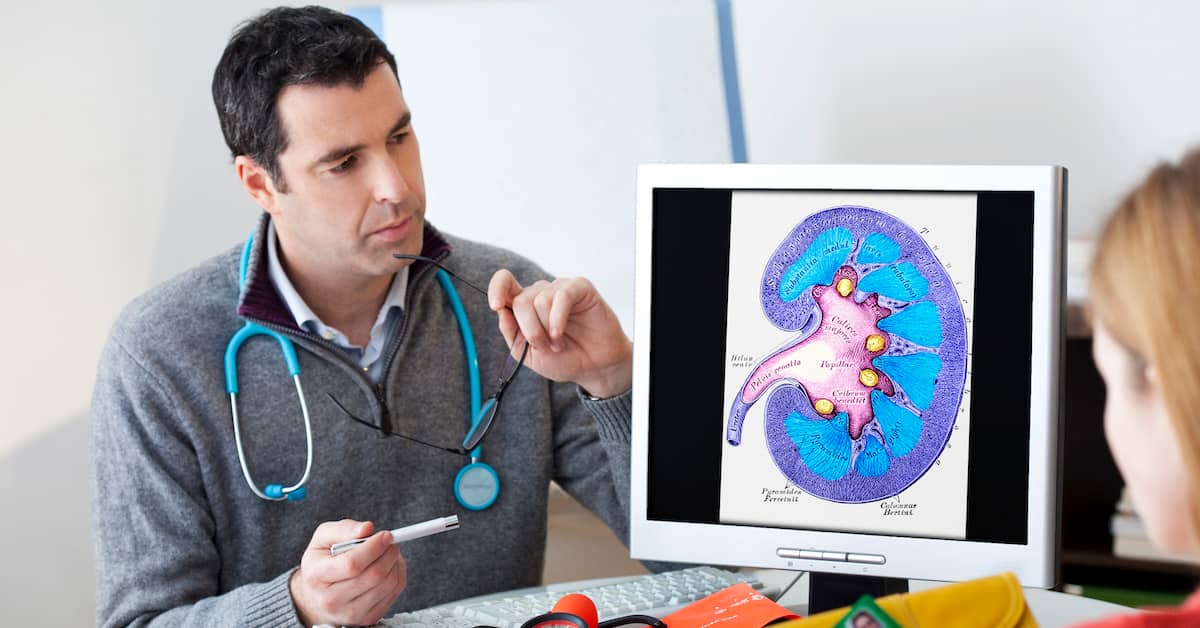
The Five Stages of Kidney Function
The Sweden trial involved 329,822 participants aged 65 or older with no history of dementia. This is larger than all other previous studies on kidney and brain function combined. Each participant provided blood samples that researchers tested for creatinine. Creatinine is a waste product of muscle metabolism that’s filtered out by the kidneys into the bladder and urine. How well the kidneys are able to do this is one indicator of kidney performance. Considering these results together with the participant's age, gender and other factors, scientists are then able to calculate the estimated glomerular filtration rate (eGFR), or the ability of the kidneys to filter out waste. A normal eGFR is over 90 percent, meaning that the kidneys are able to filter wastes from the blood at a rate of over 90 milliliters (ml) per minute. This is stage one of kidney function and is considered normal. The other stages of kidney function are:- Stage two: mildly decreased kidney function (60 to 89 percent)
- Stage three: mild to moderately decreased kidney function (30 to 59 percent)
- Stage four: severely decreased kidney function (15 to 29 percent)
- Stage five: kidney failure (under 15 percent)
